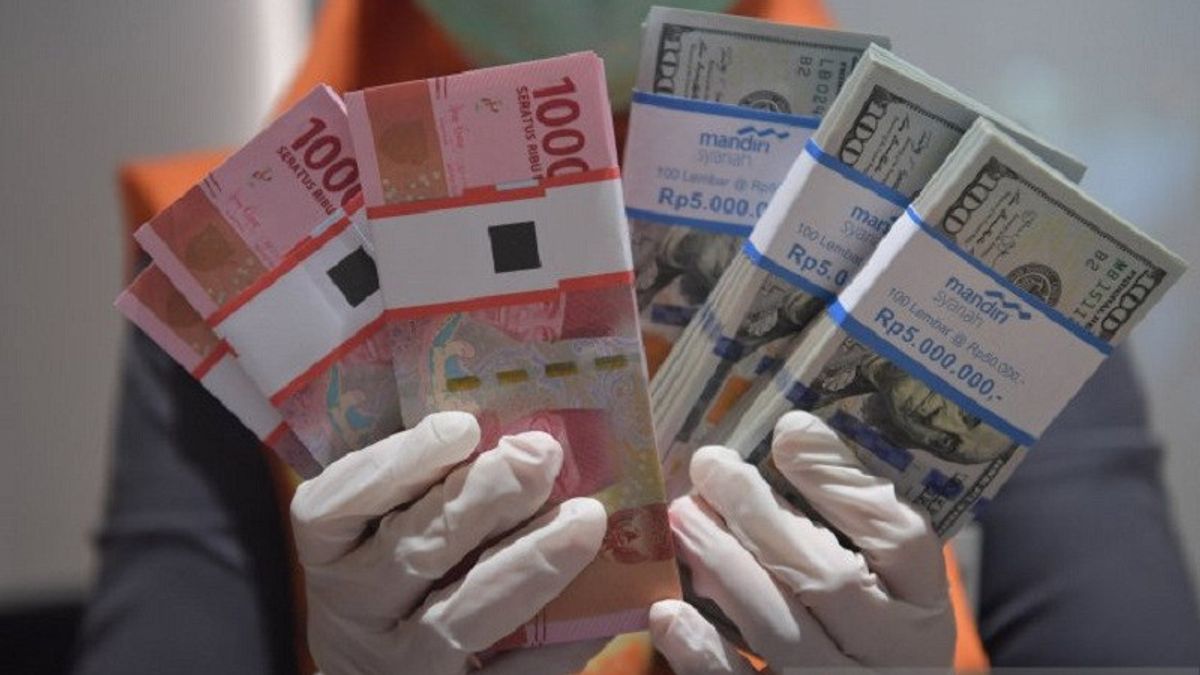JAKARTA - The Minister of Finance (Menkeu), Sri Mulyani, stated that the Indonesian government is now increasingly relying on the domestic market in every bond issuance. The strategy was taken, among other things, because the role of foreign investors was observed to have declined sharply, to 19 percent.
"So we deepen the bond market in the country, and it also creates a much more stable and strong external balance," said Sri Mulyani, at the Bloomberg Asean Business Summit, in Jakarta, as reported by Antara, Wednesday, March 16.
The deepening of the domestic bond market, according to Sri Mulyani, has also made the yields on Indonesian government bonds more attractive than those of the United States (US), whose yield range is currently narrowing.
In addition, explained Sri Mulyani, the financing of the budget deficit can still be done by Bank Indonesia (BI) based on the Joint Decree (SKB) of the BI Governor and the Minister of Finance, where the central bank acts as a standby buyer of government bonds and can buy them on the primary market.
"So this combination actually gives us the ability to manage, especially when foreign markets are still in very unfavorable conditions like today," said Sri Mulyani.
However, despite relying more on the domestic market, Sri Mulyani also said that the options for financing the deficit from abroad were still very open, such as through Samurai Bonds and loan policies from multilateral development banks.
This step provides a choice, even though the current situation requires the Indonesian government to maintain and manage financing very carefully because there are limits that have been set.
"Of course, because we expect the deficit to decrease quite significantly, it also reduces pressure on budget financing," said Sri Mulyani.
The English, Chinese, Japanese, Arabic, and French versions are automatically generated by the AI. So there may still be inaccuracies in translating, please always see Indonesian as our main language. (system supported by DigitalSiber.id)













